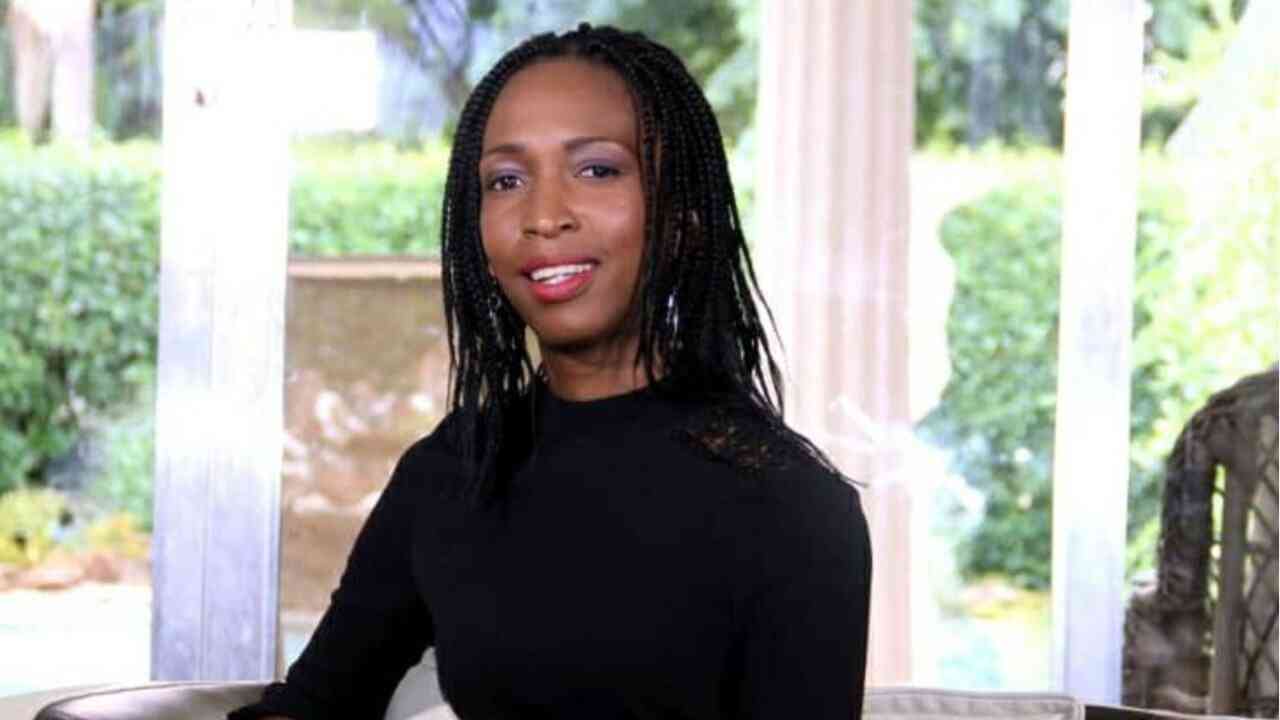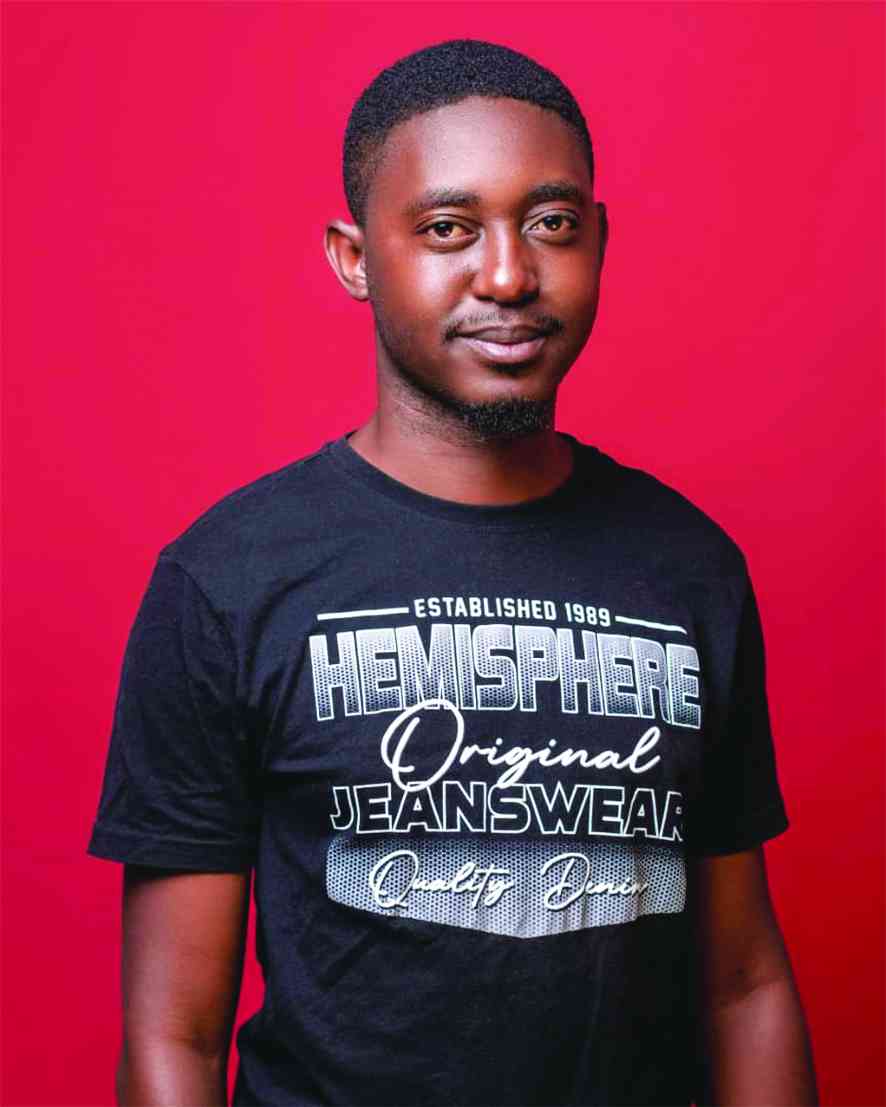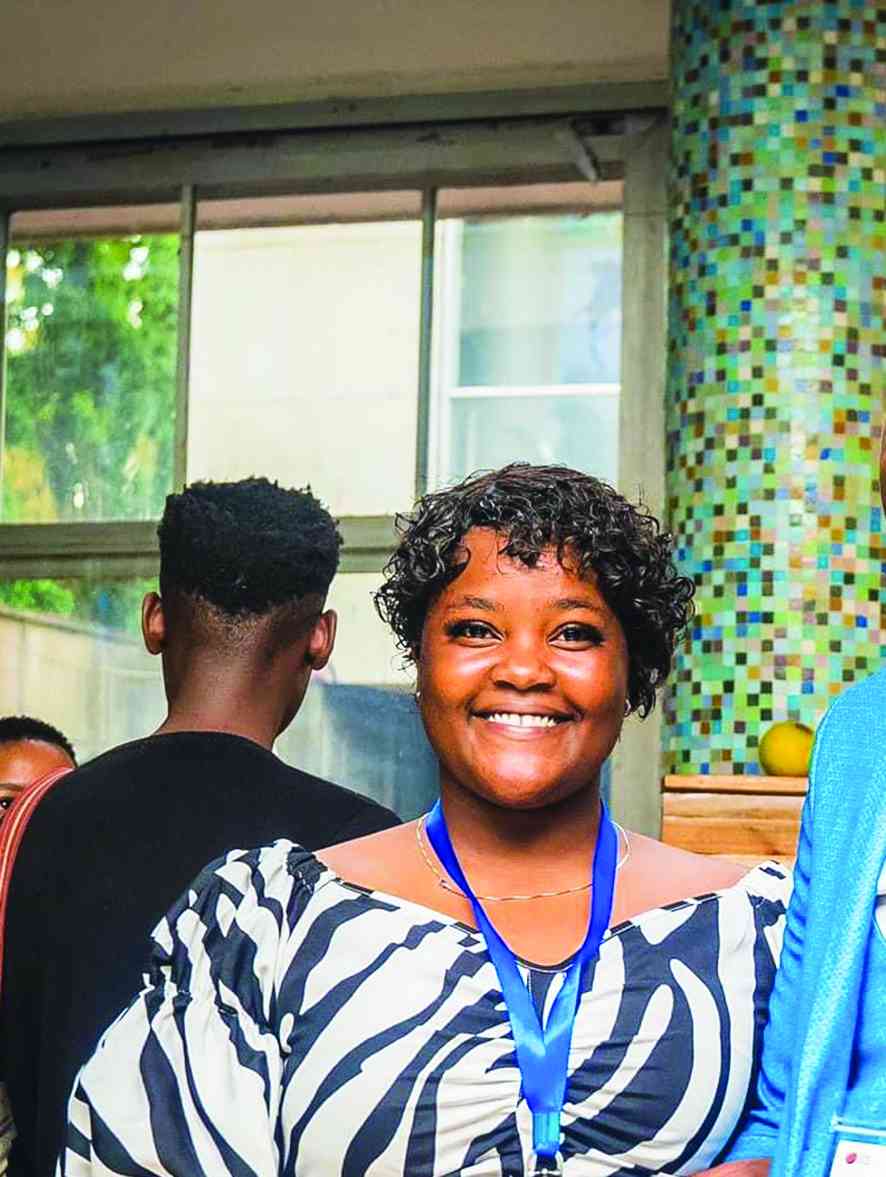
Mbare Trio, a local township jazz band who graced the airwaves with songs like Uru Rufaro and KwaMutare in the 2000 to 2009 era, have suddenly gone quiet.
Several other groups like Pied Pipers, Soul ’n’ Blues Union have gone extinct. With Christmas round the corner, these bands should by now be polishing up their brass and tuning guitars ready for live shows.
To give us an overview of why Mbare Trio has gone off the radar, our correspondent Taka Shumba (TS) speaks to the leader of Mbare Trio, Friday Mbirimi (FM).
TS: Mr Mbirimi, why is Mbare Trio so quiet?
FM: Mbare Trio is so quiet because it has no band of its own. Having no band means we cannot rehearse, record, let alone give a live performance. We don’t have instruments of our own.
TS: Why don’t you buy or hire instruments?
FM: Money, money, money (singing). We need to buy basic instruments. Basically a band must have a guitar, drums, keyboard and this takes money. When we started out we had nothing of our own.
TS: Have you tried fundraising shows or seek sponsorship?
- Chamisa under fire over US$120K donation
- Mavhunga puts DeMbare into Chibuku quarterfinals
- Pension funds bet on Cabora Bassa oilfields
- Councils defy govt fire tender directive
Keep Reading
FM: If a band has six players, we have to pay them for transport, hire of equipment, PA system and food. We would really like to hold fundraising shows, but money is the setback. Sponsors are nowhere to be found.
TS: How many albums do you have and what are the titles?
FM: We only have one album so far, thanks to Kingstons who sponsored the recording and distribution of our album titled Uru Rufaro, which has nine tracks.
TS: What do people think when they hear the name Mbare Trio?
FM: After a jam session we had with Tuku (Oliver Mtukudzi), people encouraged us to go on. But Tuku, Clancy Mbirimi and others had to go back to their groups and that left the three of us — William Kashiri, Lovejoy Mbirimi and myself. We all stayed in Mbare. Mbare is a township and that’s where the name Mbare Trio came from
TS: If you were to play at these Mbare halls today, how would you be received?
FM: The population has changed drastically. Most people that liked our music moved from Mbare in the 1980s to the low-density suburbs; the current generation goes for sungura and rap music.
TS: Who is the brains behind Mbare Trio?
FM: Well, Tuku is part of the brains and then myself, together with William Kashiri, not forgetting Summer Breeze. Tuku is the chap who really led us to form Mbare Trio.
TS: Can you recall a memorable function you held?
FM: That’s tricky because we rehearse thoroughly to make all functions memorable but jazz festivals always give us fun and fulfilment at Jazz 105, the racecourse and Harare Sports Club. We were invited to Hifa (Harare International Festival of Arts) to sing alongside Prudence Katomeni-Mbofana and Dudu Manhenga. I enjoyed those occasions.
TS: Any moments you wish to forget quickly?
FM: The cultural gala at Masvingo was a total disaster. When we arrived, there was no power and during the stretch of waiting for power to return people got drunk and wanted fast beat music. A sungura group took the crowd by storm! The crowd was not interested in three old men singing jazz.
TS: Who are your role models?
FM: Chris Chabuka, Simangaliso Tutani, Four Freshmen (US group), Nat King Cole, Sammy Davis (Jr), Al Jarreau, Hugh Masekela, Sibongile Khumalo, Cool Crooners and a lot other jazz artists. Guitar players like Jimmy Dludlu based in Mozambique, though South African, is also my inspiration.
TS: What do you think of today’s music, compared to what is now called Old Skool?
FM: Each young generation comes up with protest music. In our time it was rock’n’roll, (Elvis) Presley, (The) Beetles and others. Now it is rap and reggae — some good and some not so good. If you listen to Roki he can sing well and is a good choreographer and music arranger. I am glad the youths recognise James Chimombe, Four Brothers, Biggie Tembo and others.
TS: Any message to the upcoming and budding musicians?
FM: If you are going to be a successful musician, you have to be dedicated. I would like to site two examples — Thomas Mapfumo and Oliver Mtukudzi.
They went through thick and thin to be what they are today. Their success was not easily achieved, so don’t give up.











